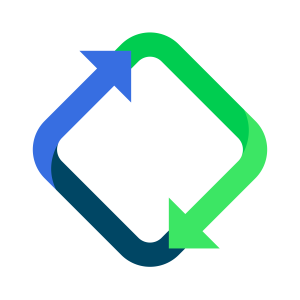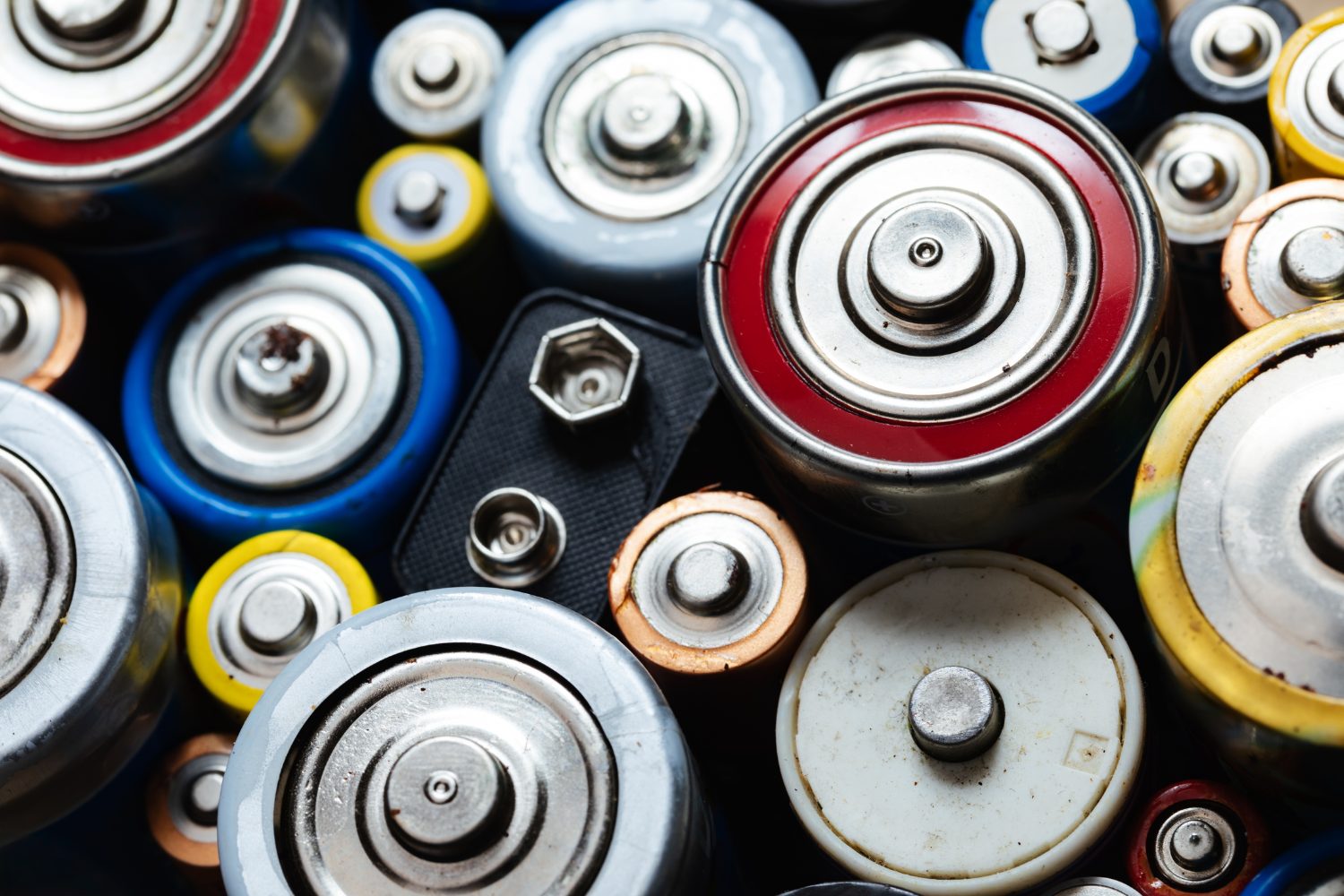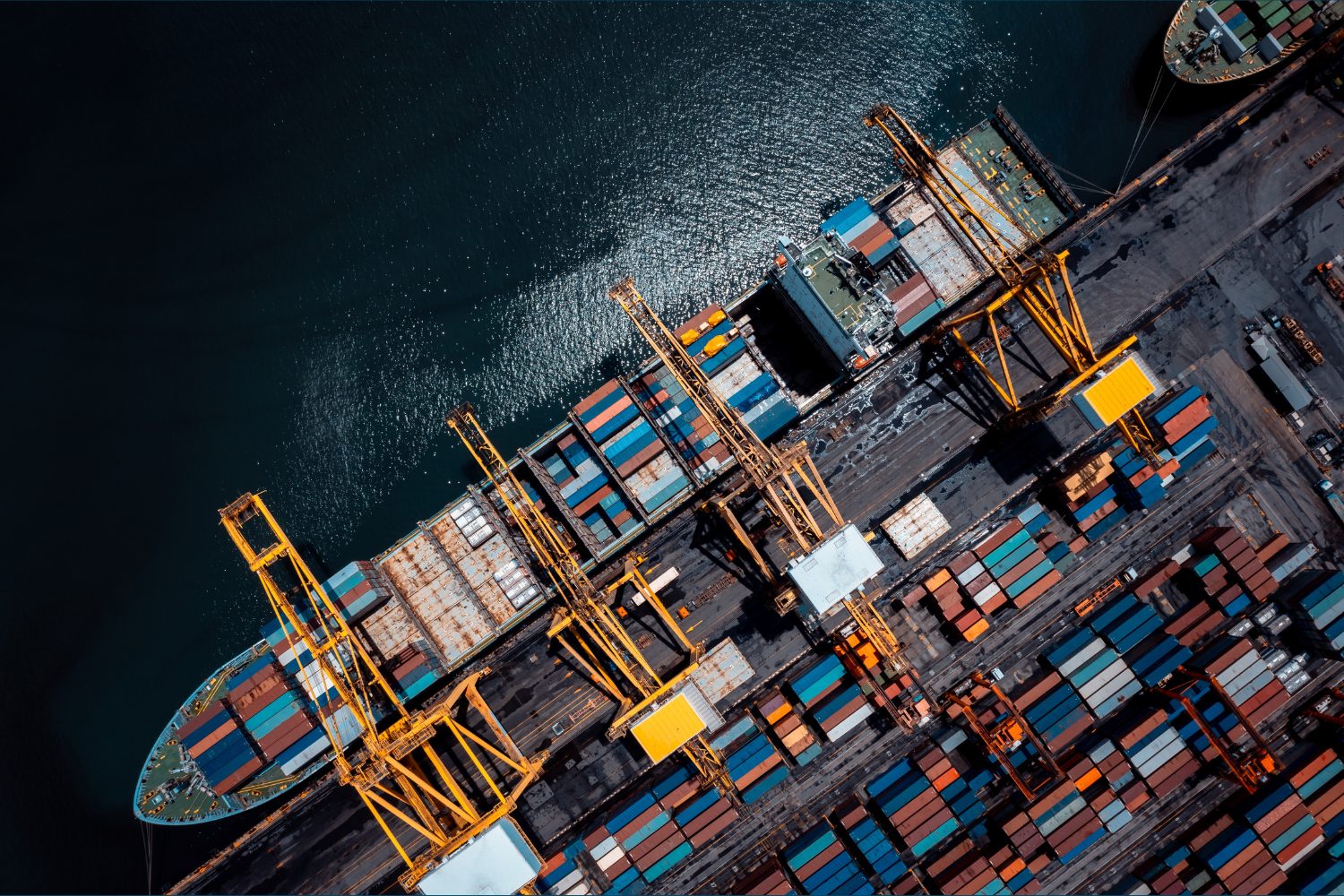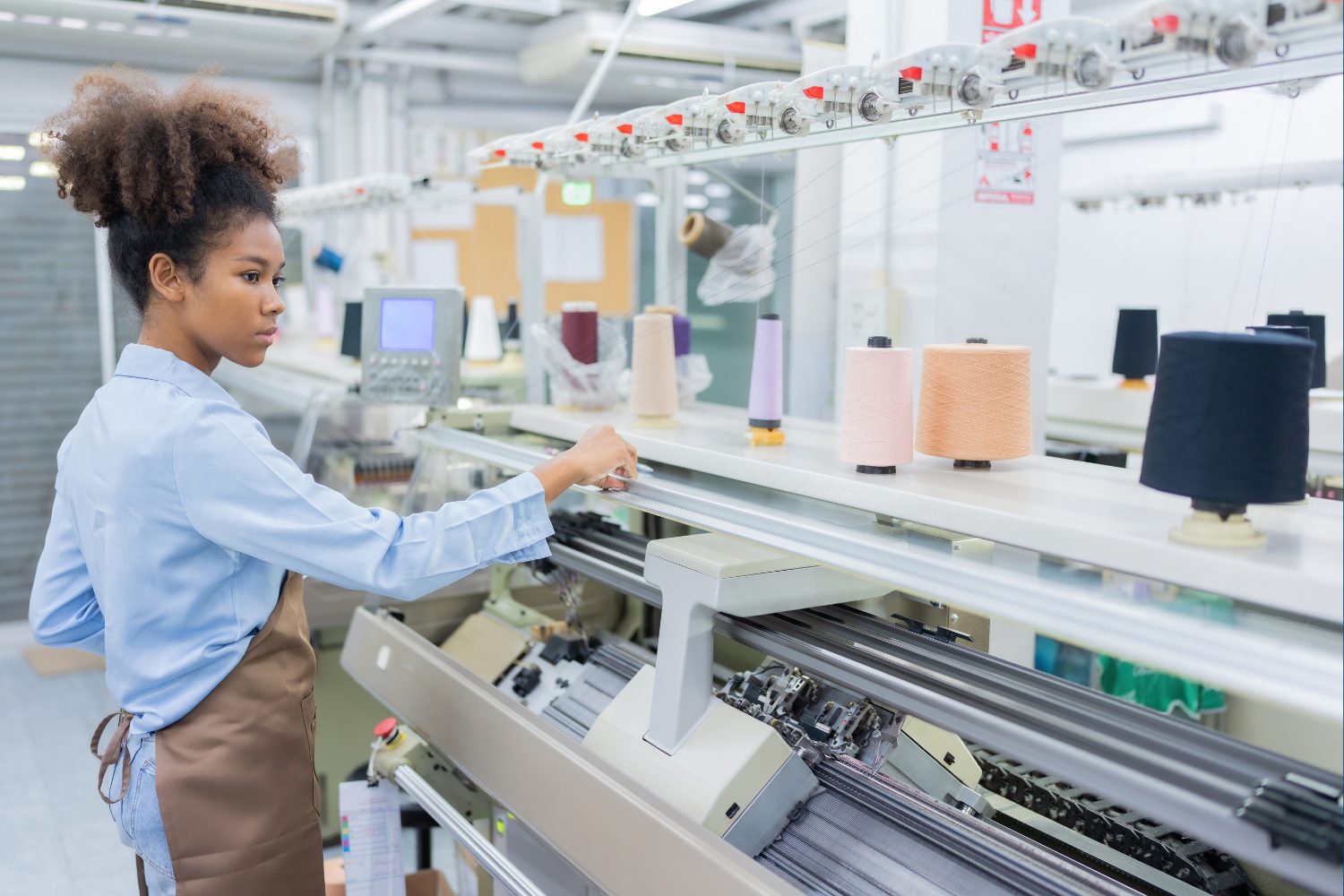WEEE Directive Updates Impact for Producers
The European Commission has announced an upcoming revision of the EU WEEE Directive (2012/19/EU) as part of the wider Circular Economy Act (CEA), expected by the end of 2026. This marks a significant opportunity to create a more streamlined and supportive regulatory framework for producers of electrical and electronic equipment (EEE), especially those operating across multiple EU Member States.
The planned revision will focus on four key areas:
- WEEE collection,
- Recovery of critical raw materials (CRMs),
- Treatment standards.
The goal is to strengthen sustainability efforts and ensure a fairer and more predictable compliance environment for businesses.
What the Evaluation Revealed
The revision process began with a formal evaluation, published on 2 July 2025, assessing the effectiveness of the existing Directive across the EU. The findings highlighted five main shortcomings: limited scope in some areas, low WEEE collection rates, inefficient CRM recovery, fragmented implementation of EPR schemes, and inconsistent treatment requirements.
These issues challenge circularity and create unnecessary friction for producers, particularly those active in multiple markets. The current patchwork of national rules often leads to duplicated efforts, higher compliance costs, and confusion about responsibilities.
The evaluation also pointed to enforcement gaps, especially regarding online sellers, which hinder a level playing field. Strengthening coordination between Member States will be key to addressing these challenges.
Moving from Directives to Regulations
Crucially, the Commission also intends to transition from Directives, which allow for different national interpretations, to EU-wide Regulations. This shift could mean more directly applicable rules for all Member States, helping to remove inefficiencies and inconsistencies in the current system.
This could be a welcome development for producers. Similar rules could mean fewer administrative hurdles, clearer responsibilities, and more efficient reporting, which is especially valuable for businesses active in more than one EU country.
What This Means for Producers
While the revision is still in progress, the Commission’s direction is clear: simplify where possible and strengthen the circular economy with consistent and enforceable rules. For producers, this brings both responsibility and opportunity.
Companies that prepare early can position themselves ahead of the curve. Adapting compliance processes now, especially in anticipation of more unified EPR frameworks and clearer reporting expectations, could result in long-term efficiencies. More importantly, producers that align with the EU’s sustainability ambitions stand to gain trust, credibility, and resilience in an increasingly resource-constrained world.
How RLG Can Support You
At RLG, we work alongside producers to help turn regulatory obligations into sustainable, long-term solutions. Whether you need support with compliance, take-back systems, or navigating evolving EPR rules, we’re here to guide you every step of the way.
If your business is affected by the WEEE Directive, don’t wait for the final changes to take effect. Contact us to discuss how we can help you stay compliant and confident in a changing regulatory landscape.









